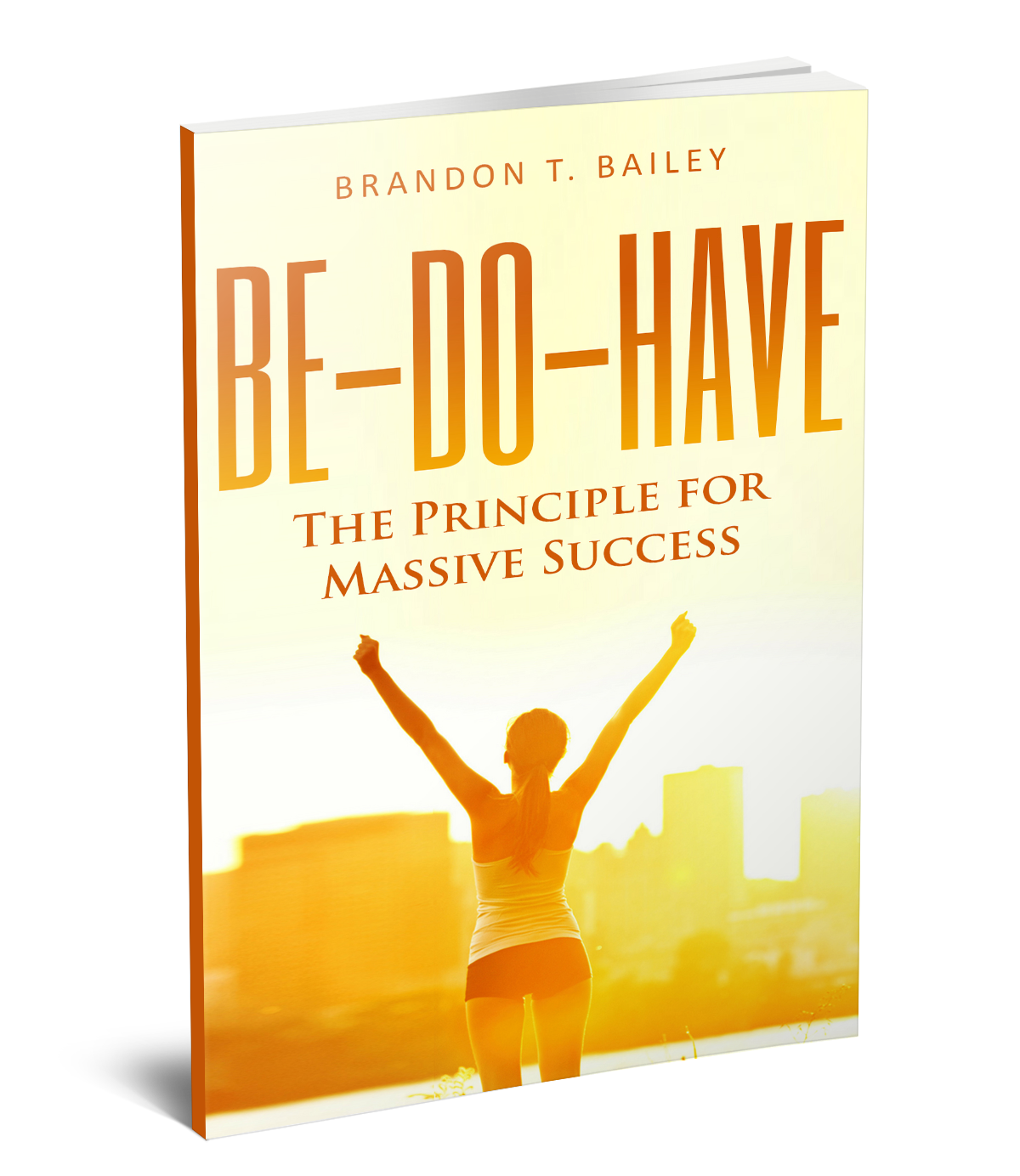
Learning is defined as the acquisition of knowledge. In the education industry learning is measured with a focus on student achievement. However, neither student achievement nor learning in general can be measured without assessment. Classroom assessments are important but they do more than just measure learning. What we assess, how we assess, and how we communicate the results send a clear message to students about what is worth learning, how it should be learned, and how well we expect them to perform. However, assessments are only one part of the process of acquiring knowledge. Establishing a culture of learning is critical to developing the requisite focus on outcomes, assessments, and achievement in any organization.
The Argyris (1996) book, Organizational Learning II, offers several principles that explain how organizations learn. Argyris defines double-loop learning as “learning that results in a change in the values of theory-in-use, as well as in its strategies and assumptions” (p. 21). This means that analysis of ones past actions should produce learning that changes present actions. This is the essence of the learning culture. Neither a culture of learning nor the assessment thereof can be developed in a “single-loop” learning model because it does not create a change in present methods. Given the challenges educators face, education does not need to be reformed; it needs to be transformed. The key to this transformation is not to standardize education but to personalize it, to build achievement on discovering the individual talents of each child, to put students in an environment where they want to learn and where they can naturally discover their true passions. Learning happens in the minds and souls of individuals, not in the databases of multiple-choice tests. Student achievement is waiting on the assessors to reassess assessment. If we change the way we assess and therefore the way we teach, we will transform education in such a way that will make student achievement inevitable.
There are many resources that explain how students learning and how to assess their learning. In the second edition of their book, Understanding by design, Wiggins and McTighe (2005) talk about learning in terms of establishing essential questions. They define essential questions as “questions that are not answerable with finality in a brief sentence… Their aim is to stimulate thought, to provoke inquiry, and to spark more questions — including thoughtful student questions — not just pat answers” (p. 106). Assessment-based curriculums written with a backward design and lead my essential questions are the most effective way to promote student achievement. This method is student centered from beginning to end and aids teachers in engaging students in a variety of learning exercises that promote their achievement. It encourages the establishing the culture of learning alluded to in the Argyris text. Thinking in terms of essential questions leads to the development of enduring understandings (knowledge). This is only accomplished in a double-loop learning environment. An environment that is ripe with a learning culture.
References:
Argyris, C., & Schon, D. A. (1996). Organizational learning II: Theory, learning, and practice. Reading, MA: Addison-Wesley.
Booth, Wayne C.; Colomb, Gregory G.; Williams, Joseph M. (2009). Craft of Research (3rd Edition). Chicago, IL, USA: University of Chicago Press. Retrieved from http://site.ebrary.com/lib/capella/Doc?id=10288700&ppg=71
Wiggins, G., & McTighe, J. (2005). Understanding by design (2nd ed.). Alexandria, VA: Association for Supervision and Curriculum Development. ISBN: 9781416600350.

